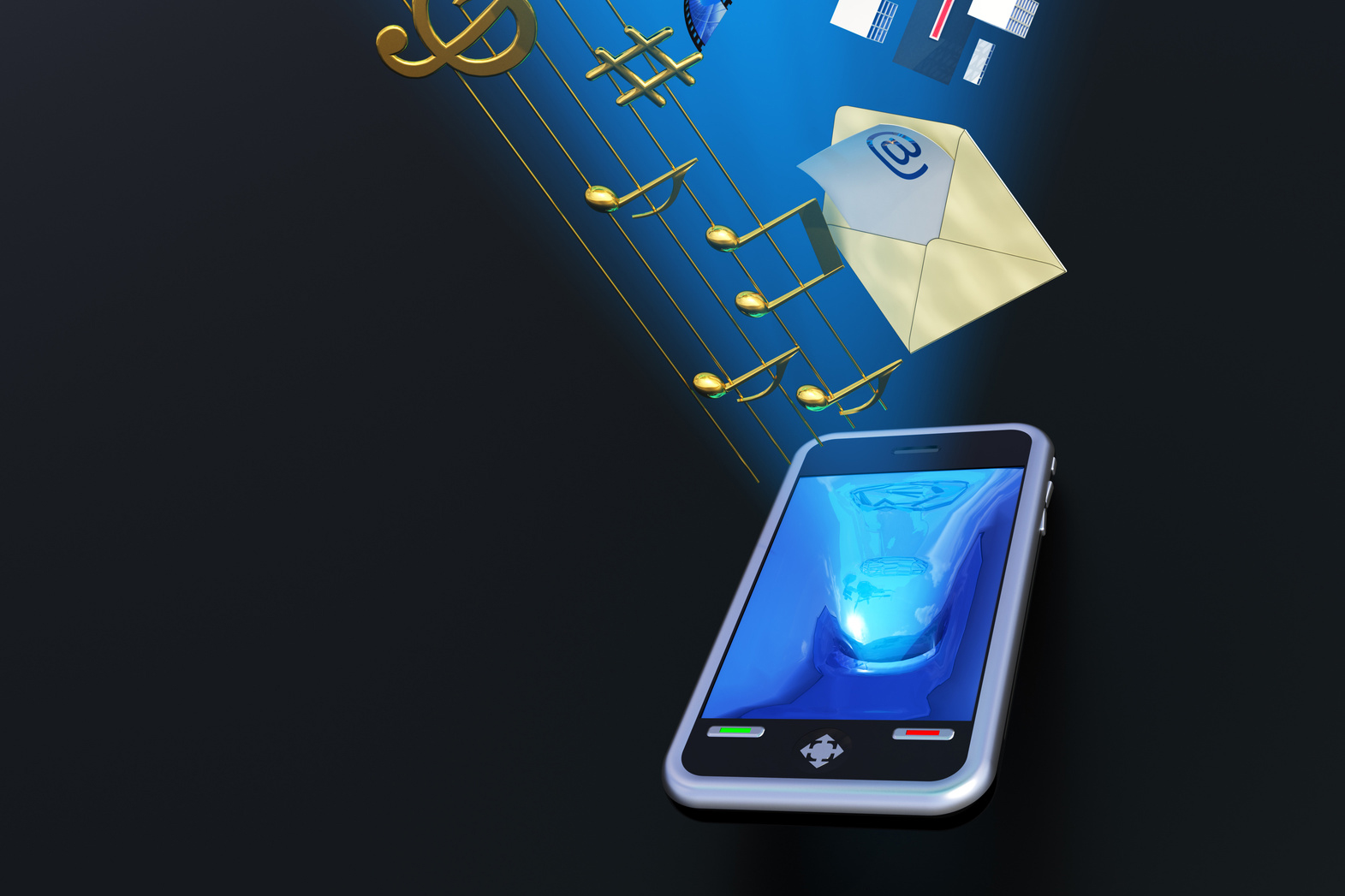Apple: We don’t track your iPhone
The Cupertino company finally answers questions about data tracking by claiming it is doing nothing of the sort.


Apple today claimed it doesn't track user locations through the iPhone, but has still offered a software update to reassure customers of its intentions.
The company has been under scrutiny since last week when researchers revealed the iPhone was capable of storing a user's location within the device.
The files were said to record the latitude and longitude of the device, along with a timestamp, enabling such information to be exploited.
After days of silence from Apple, the company finally released a "Q&A on location data" via its website in an attempt to allay users' fears and explain what was going on.
"Apple is not tracking the location of your iPhone," it began. "Apple has never done so and has no plans to ever do so."
Companies such as Apple have not fully explained the technical issues surrounding "accurate location information" on handsets that protect users' privacy, the iPhone maker claimed, suggesting this was a reason behind many fears.
Apple admitted to keeping a database with information about Wi-Fi hotspots and cellular towers located near devices. But it claimed the intention here was to keep location-based services up-to-date, whilst also storing the information anonymously and in an encrypted form.
Get the ITPro daily newsletter
Sign up today and you will receive a free copy of our Future Focus 2025 report - the leading guidance on AI, cybersecurity and other IT challenges as per 700+ senior executives
"Calculating a phone's location using just GPS satellite data can take up to several minutes," the statement read.
"iPhone can reduce this time to just a few seconds by using Wi-Fi hotspot and cell tower data to quickly find GPS satellites, and even triangulate its location using just Wi-Fi hotspot and cell tower data when GPS is not available (such as indoors or in basements)."
However, subsets of this data are stored on iPhones and this information is not encrypted, even when backed-up onto iTunes unless the user has chosen this preference.
This "subset" or "cache" of data has remained on handsets for up to a year. Apple now plans to release a software update to remedy this. Following the furore, the company has decided it does not need more than seven days of data stored on an iPhone.
Those who turned off location services were also subject to this process, however. Apple has put this down to a bug which it also plans to fix in the soon-to-arrive iOS update.
Apple is not tracking the location of your iPhone. Apple has never done so and has no plans to ever do so.
Apple will continue to collect "anonymous traffic data" though. It claims this will help the company work out traffic hotspots to provide for in the near future, as well as allowing third parties to see anonymous crash logs and decide where to target their advertising.
Both Google and Microsoft have also been accused of tracking user data.
Read our analysis of the saga to see why you should care about handset tracking.
Jennifer Scott is a former freelance journalist and currently political reporter for Sky News. She has a varied writing history, having started her career at Dennis Publishing, working in various roles across its business technology titles, including ITPro. Jennifer has specialised in a number of areas over the years and has produced a wealth of content for ITPro, focusing largely on data storage, networking, cloud computing, and telecommunications.
Most recently Jennifer has turned her skills to the political sphere and broadcast journalism, where she has worked for the BBC as a political reporter, before moving to Sky News.
-
 Asus ZenScreen Fold OLED MQ17QH review
Asus ZenScreen Fold OLED MQ17QH reviewReviews A stunning foldable 17.3in OLED display – but it's too expensive to be anything more than a thrilling tech demo
By Sasha Muller
-
 How the UK MoJ achieved secure networks for prisons and offices with Palo Alto Networks
How the UK MoJ achieved secure networks for prisons and offices with Palo Alto NetworksCase study Adopting zero trust is a necessity when your own users are trying to launch cyber attacks
By Rory Bathgate
-
 Miracle Workers: rescuing data from the jaws of disaster
Miracle Workers: rescuing data from the jaws of disasterIn-depth Even if you've dropped your laptop or your server has been set on fire, all hope is not lost. Data recovery companies such as Kroll Ontrack could still rescue your valuable files. Jim Martin dons a white lab coat and goes behind the scenes at a data recovery lab.
By Jim Martin
-
 Mobile apps 'snooping' on users
Mobile apps 'snooping' on usersNews Many of the most popular apps are passing on user data to third parties, an investigation finds.
By Tom Brewster
-
 O2 scraps unlimited mobile data deals
O2 scraps unlimited mobile data dealsNews Data-hungry iPhone users might have to start stumping up more cash to feed their habits.
By Maggie Holland
-
 The iPhone arrives on Vodafone network
The iPhone arrives on Vodafone networkNews The battle for iPhone market domination just heated up as the iconic device has hit the Vodafone network.
By Maggie Holland